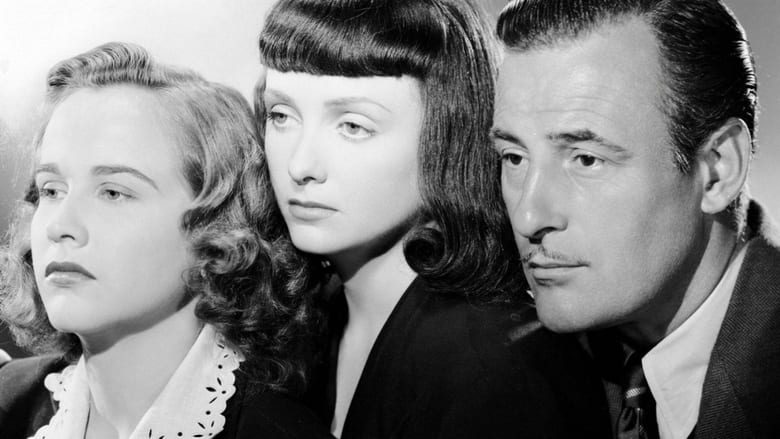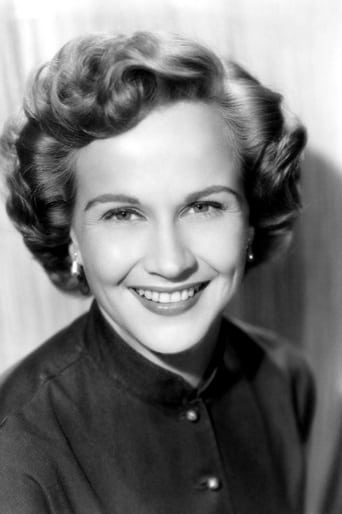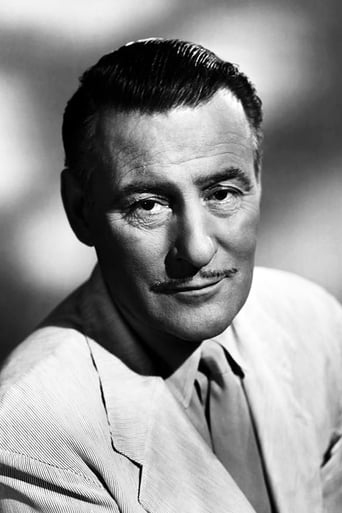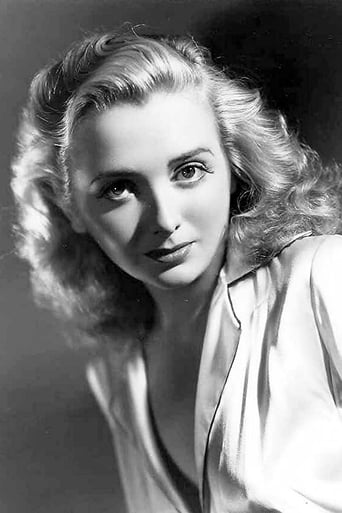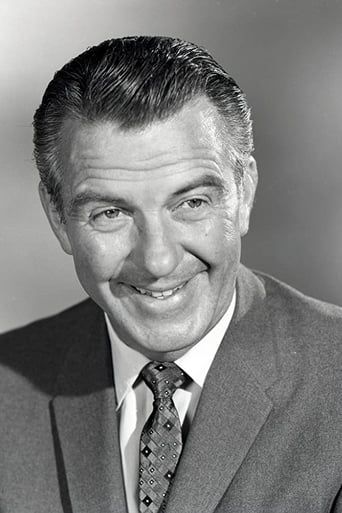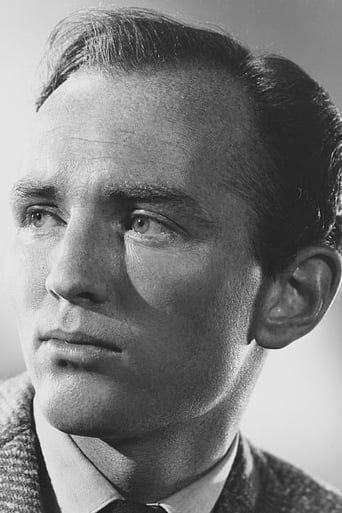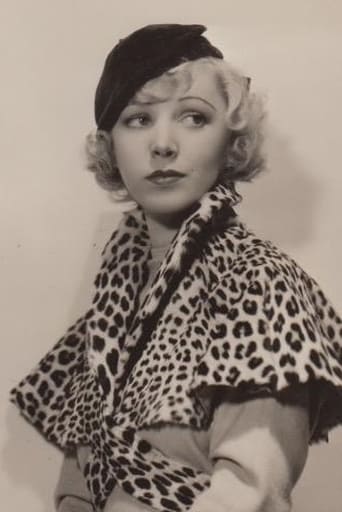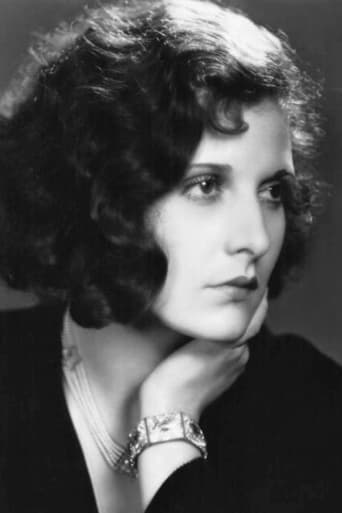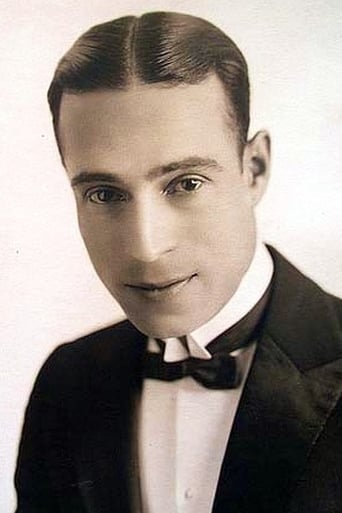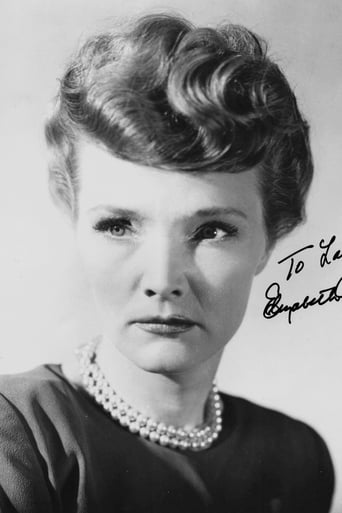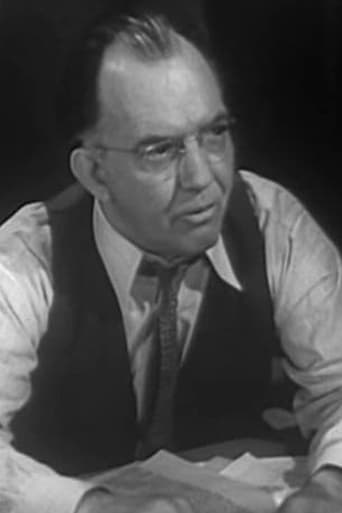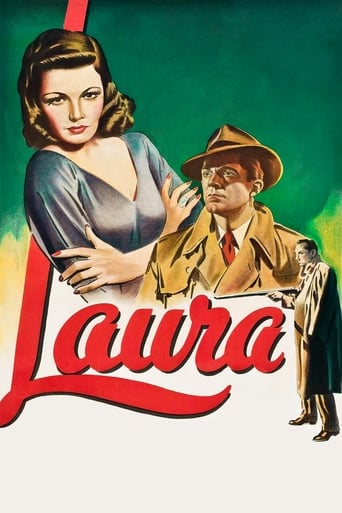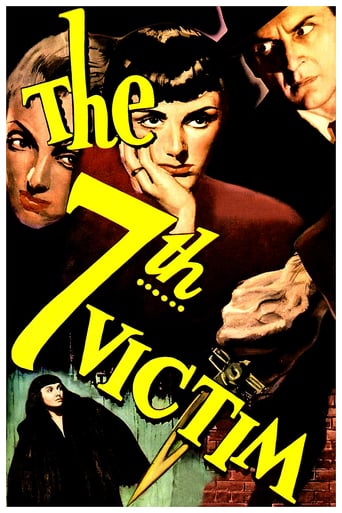
A woman in search of her missing sister uncovers a Satanic cult in New York's Greenwich Village and finds that they could have something to do with her sibling's random disappearance.
Similar titles
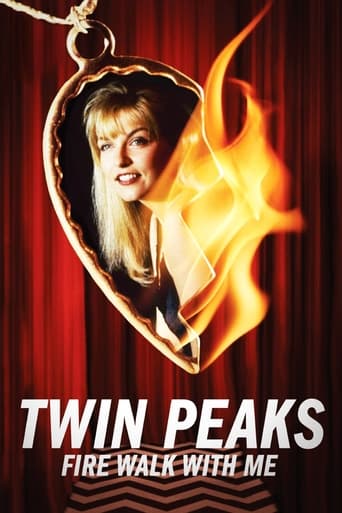
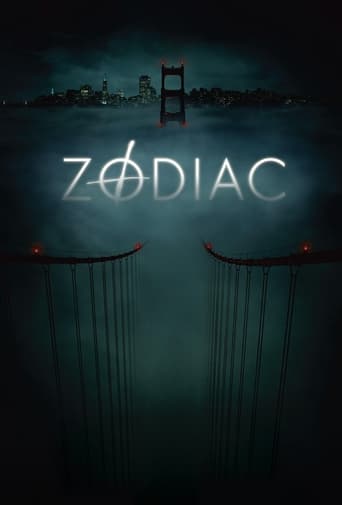
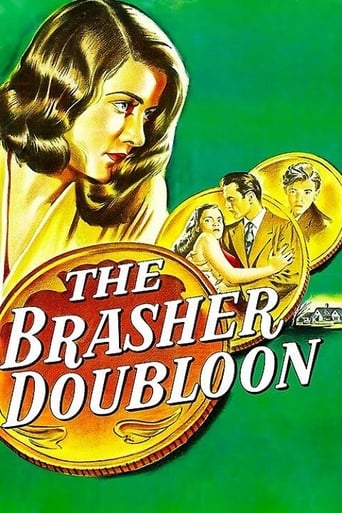
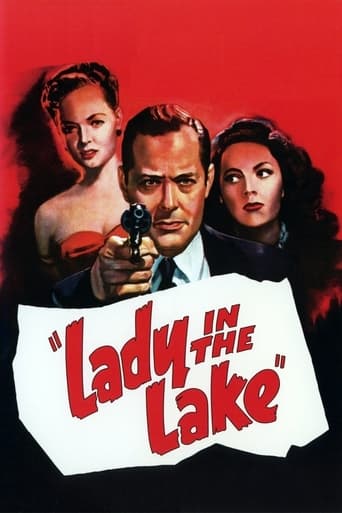
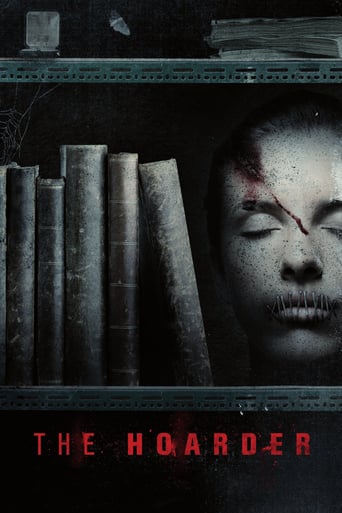
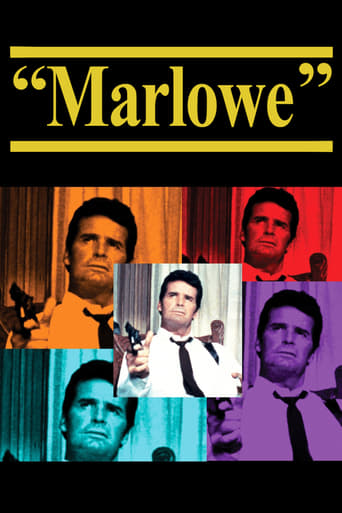
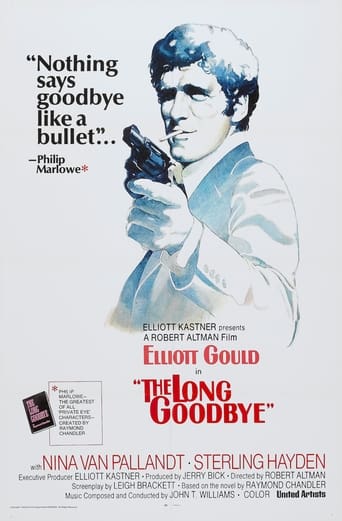
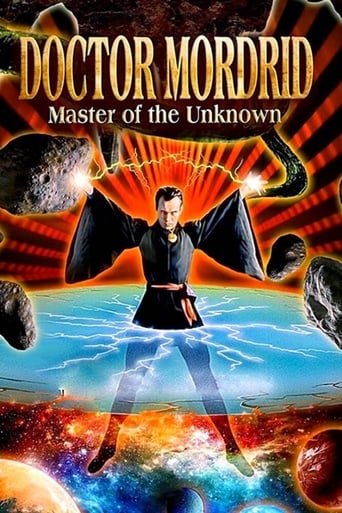

Reviews
Slow pace in the most part of the movie.
At first rather annoying in its heavy emphasis on reenactments, this movie ultimately proves fascinating, simply because the complicated, highly dramatic tale it tells still almost defies belief.
A film of deceptively outspoken contemporary relevance, this is cinema at its most alert, alarming and alive.
It's funny, it's tense, it features two great performances from two actors and the director expertly creates a web of odd tension where you actually don't know what is happening for the majority of the run time.
"The Seventh Victim" stars Kim Hunter as Mary Gibson, a young woman who embarks upon a quest to find her missing sister. Assisting her are a private detective (Lou Lubin) and her sister's concerned husband (Hugh Beaumont).More sophisticated than was typical of 1940s, low-budget chillers, "Victim" watches as Mary stumbles upon a satanic cult. The existence of this cult is revealed in meticulous increments, Mary's "reality" slowly revealing itself to be nothing less than devilish; everyone around her seems to be secretly knee-deep in evil."The Seventh Victim" was part of a cycle of low-budget horror films by producer Val Lewton. Most of the better films in this cycle were directed by cult-favourite Jacques Tourneur. "Victim", however, was helmed by Mark Robson, Tourneur's assistant on a number of pictures. Like his mentor, Robson has a gift for ambiance, his film mixing noir tropes with a weird, bohemian atmosphere, the film's Greenwich Village locales filled with struggling poets, psychiatrists and strange cult members. These cult members are locked in an odd double bind; they're committed to a life of non-violence, but wish to kill in the name of Satan. Robson would revisit these contradictions in 1957's "Peyton Place", where sinister currents waft beneath an idyllic New England town.7/10 – Worth one viewing.
A very young Kim Hunter (in her very first film role) plays the part of Mary, a school girl who learns that her older sister and provider, Jacqueline, has disappeared. This leads the young Mary to Greenwich Village in New York City, in an attempt to find out what happened to her. Along the way she meets three older men who try to assist her: a lawyer, a psychologist, and a writer. In time she discovers that Jacqueline was a member of a cult of devil worshipers who decided to leave the group and must now pay the price for her betrayal.It's frustrating when beginning a review by trying to assure the reader that you do, in fact, ordinarily appreciate the very type of film you're reviewing, even though you're disappointed by this one. So in this case I will start by saying that I am a fan of Val Lewton's 1940's horror films for RKO, as well as '40s horrors in general. Now that this is out of the way, I'll let you know that I have devoted several viewings to THE SEVENTH VICTIM over the years, and though I always wish I could praise it, it's really too flawed in a number of ways to be considered anything more than an above-average noirish drama, perhaps with a hint of the morbid. The photography, as in all the Lewton thrillers, is foreboding and well done. While this movie was unliked by critics upon its original release, over the decades it has become praised as an early forerunner of future satanic cult horrors such as ROSEMARY'S BABY. As such, I can respect it for paving the way more than I actually feel it was successful in doing it.I suppose Kim Hunter is adequate at best in her early movie role as the naïve student Mary. There is precious little emotion from her throughout, and indeed just about all the other main characters in the film are equally dire in attitude and under-played. The plot is somewhat muddled. For openers, there is no reason for Mary and the lawyer to suddenly tell one another they've fallen in love towards the end, when all they've done is meet briefly, and share some uninvolved words about trying to locate the woman's missing sister. This feels like it was thrown in simply because it was some kind of expected obligation. Then we have much confounding nonsense as follows: the suicidal sister Jacqueline is captured by the self-professed "non-violent" cult and brought to their room, and is urged for hours and hours to pick up a glass and drink poison to kill herself for her betrayal, but she keeps resisting ... so they let her go home free (?). And when Jacqueline gets home, what is the first thing she does? Hangs herself anyway! Meanwhile, she has been stalked all the way home (in the classic "Lewton Walk" style) by a knife-wielding hit-man who had exited the cult meeting right along with her (I thought they were "non-violent"?-- and even if they changed their minds, why send her home and have a guy follow her to stab her, instead of knifing her right at the meeting?).Most disappointing of all is the very end where the good guy confronts the harmless "devil worshipers" on their own turf. (All this time they have consisted of high class types, sitting around as if at a dinner party, dressed to the nines and drinking wine while chatting, more like a lodge meeting, and not doing anything even remotely satanic). All it takes is for the hero to recite a part of The Lord's Prayer, and then the members bow their heads in shame. Very weak. **1/2 out of ****
It's best not to know too much about the plot before sitting down to watch this interesting and offbeat little film, a nice combination of noir and horror that is written, acted, and directed in style. It's got some marvelously scary and suspenseful moments - especially near the end - and is overall quite the potent meditation on loneliness. It's got a memorable shower sequence that Hitchcock may well have seen and remembered before making "Psycho" 17 years later. Lewton and director Mark Robson (this was the first of the five features that Robson directed for Lewton) do a fine job of keeping our innocent heroine, and the viewer, in the dark for a fair amount of the running time, and create a memorably enigmatic character in Jacqueline Gibson.Kim Hunter debuts as Mary Gibson, a schoolgirl who learns that her sister Jacqueline has gone missing. So she travels to Greenwich Village in search of her, meeting various characters along the way, including lawyer Gregory Ward (Hugh Beaumont), who initially doesn't play it quite straight with her, published poet Jason Hoag (Erford Gage), psychiatrist Louis Judd (Tom Conway), and beauty shop proprietress Mrs. Redi (Mary Newton)."The Seventh Victim" gets very philosophical, and poignant, in the end, with two opposing sides engaging in a rather civil disagreement. But before we get there, there's a very creepy subway ride about which it's best not to reveal too much. Hunter is appealing in the lead. In addition to those actors mentioned, others lending fine support are Isabel Jewell as Frances and the distinctively featured Lou Lubin as concerned private eye Irving August. Jean Brooks as lost soul Jacqueline is excellent once the focus of the story finally shifts to her.Although this entry in Lewtons' filmography underperformed at the box office compared to hits like "Cat People", and wasn't well received at the time, it's very well done and certainly deserving of another look from film fans.Eight out of 10.
The Seventh Victim is eerie without being violent or explicit. The film creates a tensely pernicious, balefully enshrouding atmosphere of dread. Relying on the power of allusion, insinuation, and the visual presentation of rich, black mattes, The Seventh Victim's singular story and guileless treatment of verboten subject matter sets it apart from modern movies when compared to current methods of creating horror.When Mary Gibson (Hunter) ventures to Manhattan in search of her missing sister Jacquelin (Brooks), she enters a foreboding world of corruption, poison, mental illness, knife-wielding assassins, murder and suicide. It seems that dear ol' sis stopped paying Mary's tuition, and so Mary, bright and full of hope sets out to determine her whereabouts. But none of Jacquelin's friends have seen her.We see her though. Jacqueline is striking and somber under her jet black hair and sharply planed bangs. Quiet, watchful, morose, her captivating visage thrusts onto the screen like a stiletto with her grave countenance and almost funereal presence.Mary locates and enters her sister's apartment. She finds it unfurnished except for a hangman's noose suspended over a chair. It's not an encouraging development. Worse, Mary discovers that without asking for payment, Jacqueline signed over her successful salon and cosmetic business to a -well, shall we say to an assertive, independent woman with whom she had an evidently rather chummy association. Being made in the 1940's the film declines to further explore the exact nature of that relationship. But is seems there is a locked room at the cosmetics facility and Mary wants to know what's in it.In trying to find out, Mary runs into a couple of private detectives who are looking for Jacqueline too, one of whom issues a warning and one of whom winds up dead. Before you can say, 'speak of the devil,' a shady doctor (Conway) shows up who knows all about Jacquelin, but isn't saying much. He's scared of something. Something unspeakable. And he knows that "sinister" means "left," but he sure isn't keeping to the right.In addition to the doctor, there are some mysterious professional types in the area of Jacqueline's last known whereabouts. They all know each other, knew Jacqueline and are aware of something else. But what? They sure are tight lipped. Just what is everyone so afraid to talk about? And why do they all dress to the nines, some of them in black, to meet in a dimly lit apartment late at night? The Seventh Victim is a spooky film noir made with wonderful use of black and white film's deep range of subdued tones. The cinematography creates a veritable study in angular shadows, gritty textures and plush charcoal, chocolate tints. Basement cafes grace the screen with low angle lighting. Street lamps' luminescent oases punctuate a sheet-like viscous velvet of gloom.Distinctive about the The Seventh Victim are it's dark atmosphere, even for a noir, and its refusal to conform to Hays Commission requirements in its frank, unconventional treatment of a variety of morbidly taboo material. An eerie shower scene precedes Robert Bloch's 1959 novel Psycho, and there are some hints at subversive feminism. Even the film score ends on a minor key. All of this is pretty racy for 1943, making The Seventh Victim a unique, precursor to the noir genre.Notes: The character of Dr. Judd appears again in Val Lewton's Cat People. Actress Jean Brooks was thought to be quietly married at one point to Erich von Stroheim. Despite a couple of principle roles, stardom eluded her. Brooks's unique presence was never adequately exploited by Hollywood. The thespian's later years are as enigmatic as some of her characters. Fading into the billowing silver mists of off-screen obscurity, Jean Brooks's after-cinema life is shrouded in mystery and alcoholism. Her premature 1963 death in Costa Rica was overshadowed by the Kennedy assassination, and went unrecorded in Hollywood.
Top Streaming Movies











